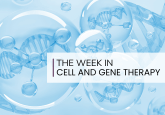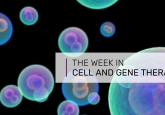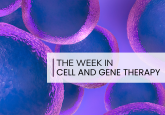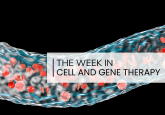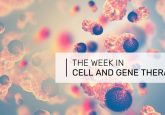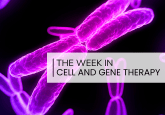Cell therapy weekly: turning the attention of CAR-T to autoimmune disease
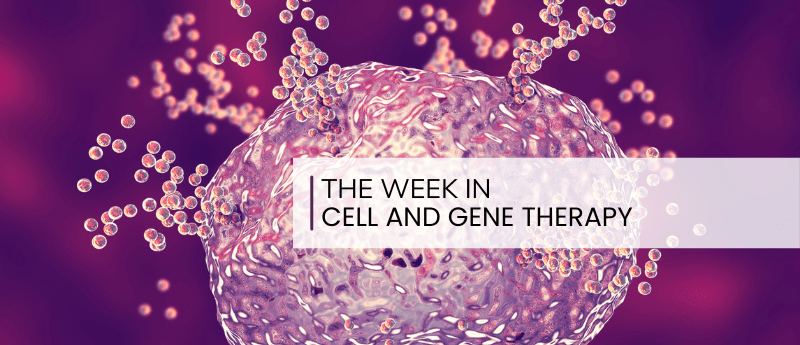
This week: Atara Biotherapeutics‘ (CA, USA) CAR T-cell therapy has secured Investigational New Drug (IND) status, and A2 Biotherapeutics‘ (CA, USA) CAR T-cell therapy has been awarded Orphan Drug Designation by the US Food and Drug Administration (FDA; MD, USA). Meanwhile, Kenai Therapeutics (CA, USA) has raised US$82 million in a recent Series A funding round to pursue the realization of cell therapies that address various neurological disorders.
The news highlights:
- Redirecting CAR T-cell therapy from cancer to autoimmune disease
- US$82 million raised to generate advanced cell therapies for neurological diseases
- Improving CAR T-cell therapy efficacy with logic gating
Redirecting CAR T-cell therapy from cancer to autoimmune disease
CAR T-cell therapy has typically been used to address cancer; however, growing evidence demonstrates its utility against autoimmune disease. As such, Atara Biotherapeutics has recently received IND status from the FDA for a CAR T-cell therapy that addresses lupus nephritis. The therapy, called ATA3219, is an allogeneic CAR T-cell therapy that works by targeting the CD19 transmembrane protein found in B-cell malignancies, effectively fighting dysfunctional immune cells with engineered immune cells.
The therapy, developed on Atara’s allogeneic Epstein-Barr virus T-cell platform, will now be tested for safety and efficacy in a Phase I clinical trial.
“CAR T-cells can naturally infiltrate deep into target tissues to mediate B-cell depletion and produce durable responses. Building on the encouraging academic data in lupus nephritis with autologous CD19 CAR T, ATA3219 is an off-the-shelf therapy that could significantly reduce constraints for patients and physicians like leukapheresis and long waiting times, therefore potentially improving access to a large population of patients,” stated Rajani Dinavahi, Chief Medical Officer of Atara.
US$82 million raised to generate advanced cell therapies for neurological diseases
Kenai Therapeutics, a biotechnology company specializing in induced pluripotent stem cell (iPSC)-derived therapies for allogeneic neuron replacements in neurological disorders, has successfully secured US$82 million in a recent Series A funding round.
This funding will enable Kenai to advance its lead candidate, RNDP-001, an iPSC-derived allogeneic dopamine progenitor cell therapy for idiopathic and inherited forms of Parkinson’s disease, to Phase I clinical trials and undertake an IND application. It will also enable the development of other off-the-shelf dopamine neuron replacement cell therapies to address various neurological disorders.
“Kenai’s proprietary platform leverages an emerging approach to treating central nervous system disorders by replacing neurons lost due to neurodegeneration,” remarked Jeff Jonas, chair and board member of Kenai Therapeutics. “The potentially curative nature of RNDP-001 for Parkinson’s disease could dramatically alter outcomes for patients with very few treatment options.”
Improving CAR T-cell therapy efficacy with logic gating
The FDA has given Orphan Drug Designation, which qualifies potential rare disease-targeting therapies with financial incentives and 7 years of market exclusivity, to A2 Biotherapeutics’ A2B530. This therapy specifically treats patients with colorectal cancer whose normal cells express HLA-A*02 (a type of human leukocyte antigen) while their cancer cells both express carcinoembryonic antigen (CEA) and have lost HLA-A*02 expression.
A2B530 has an activator that targets CEA and a blocker that targets HLA-A*02. This logic gating results in the selective targeting of colorectal cancer cells and guarantees the protection of non-cancer cells.
“The FDA granting Orphan Drug Designation validates the tremendous unmet need for improved therapies for patients with colorectal cancer,” commented William Go, Chief Medical Officer of A2 Biotherapeutics. “This designation supports our commitment to use our novel technology platform to develop new treatment options for patients with difficult-to-treat cancers.”
You may also like:
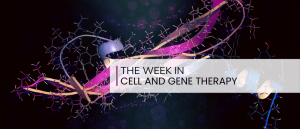 Reversing alopecia by reawakening dormant stem cells
Reversing alopecia by reawakening dormant stem cells
A recent Series A funding round has raised US$16.75 million for Pelage Pharmaceuticals to advance a cure for several forms of alopecia, including pattern baldness and chemotherapy-induced hair loss.
